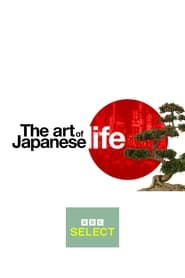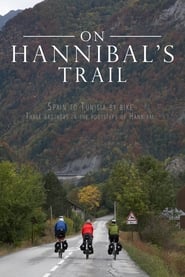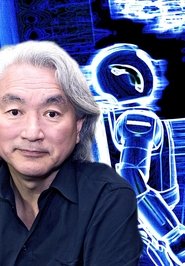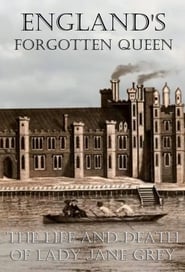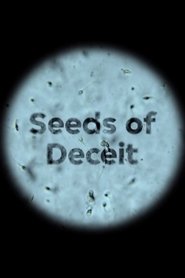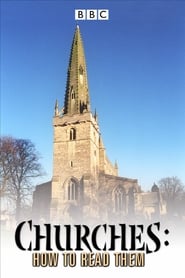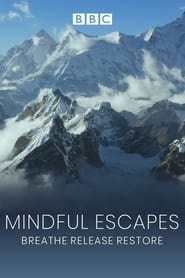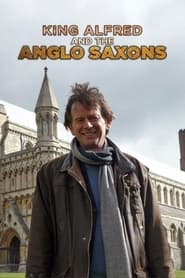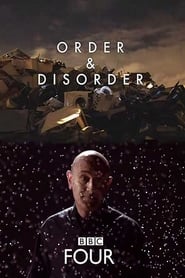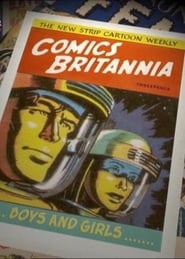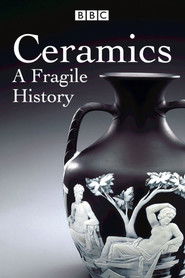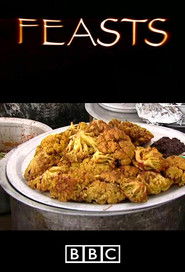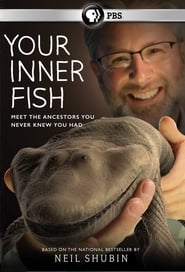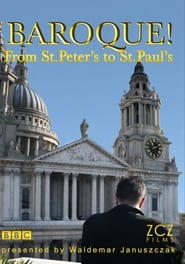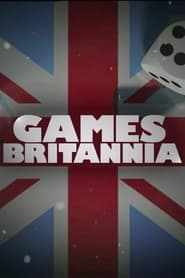Bbc Four TV Series - Page 13
-
An Islamic History of Europe
2009
Rageh Omaar visits Spain, Sicily and France to discover the history of Islam in Europe -
On Hannibal's Trail
2010
On Hannibal's Trail
2010
Series in which three Australian brothers - Danny, Ben and Sam Wood - set out cycling on the trail of Hannibal, the warrior who marched from Spain to Rome at the head of an invading army. -
Visions of the Future
2007
star 8.5Visions of the Future is a 2007 documentary television series aired on the BBC Four television channel. The series stars theoretical physicist and futurist Michio Kaku as he documents cutting edge science. There are a total of 3 installments in the series. -
England's Forgotten Queen: The Life and Death of Lady Jane Grey
2018
star 6The rise and fall of Lady Jane Grey. England's Queen for only 9 days -
Seeds of Deceit: The Sperm Donor Doctor
2023
Who are you, when half your DNA isn't what you thought? Dr Jan Karbaat was a trusted IVF expert - but deception lay at the heart of his clinic. A shocking story of fertility fraud. -
Atom
2007
star 7.7The story of the discovery that everything is made from atoms, one of the greatest scientific breakthroughs in history, and the brilliant minds behind it. -
Mindful Escapes: Breathe, Release, Restore
2020
A bold new genre of programming for our times where guided mindfulness and stunning natural history footage go hand in hand to produce a series of immersive, relaxing films. -
King Alfred and the Anglo Saxons
2013
star 7Michael Wood argues that the most important and influential British kings were a father, son and grandson who lived over a thousand years ago during the age of the Vikings. -
Order and Disorder
2012
star 6.2Professor Jim Al-Khalili investigates the important concepts of energy and information. -
Comics Britannia
2007
Comics Britannia
2007
Comics Britannia is a three-part documentary series from BBC Four which started on 10 September 2007. It was then repeated on BBC Two starting on 19 July 2008. The series looks at the history of the British comic and is also the centre of a Comics Britannia season. -
Ceramics A Fragile History
2011
Ceramics are one of the oldest and most-fundamental art forms around. Ceramics are used for everything from eating and drinking to celebrating birth, marriage or even death. Many people believe that ceramics contain social DNA and reveal about the taste and habits of a nation. This three-part series explores the history of the art form in Britain, beginning in Tudor times, and traces the evolution of different techniques and styles used in the art of pottery. The programme also explores key figures who helped put British ceramics on the map and revolutionised the industry. -
Handmade in Bolton
2019
Handmade in Bolton
2019
Shaun Greenhalgh and Dr Janina Ramirez research and remake a selection of precious objects from the past using traditional materials and methods. -
Feasts
2009
Feasts
2009
-
The Art of Spain
2008
star 8The Art of Spain is a BBC Four documentary series on Spanish art presented by Andrew Graham-Dixon. It consists of three one-hour episodes, and premiered on 31 January 2008. -
Your Inner Fish
2014
Your Inner Fish
2014
It took more than 350 million years for the human body to take shape. Anatomist Neil Shubin reveals how our bodies are the legacy of ancient fish, reptiles and primates, the ancestors you never knew were in your family tree. Our bodies carry the anatomical legacy of animals that lived hundreds of millions of years ago. -
Baroque! From St Peter's to St Paul's
2009
star 7.7In this three-part documentary series Waldemar Januszczak discovers paintings, sculptures and architecture of the Baroque period. Starting from the square of Saint Peter's Basilica in Italy to St Paul's Cathedral in England. -
Games Britannia
2009
Games Britannia
2009
Historian Benjamin Woolley unravels the cultural and social significance of popular games in Britain from the Iron Age to the Information Age.
